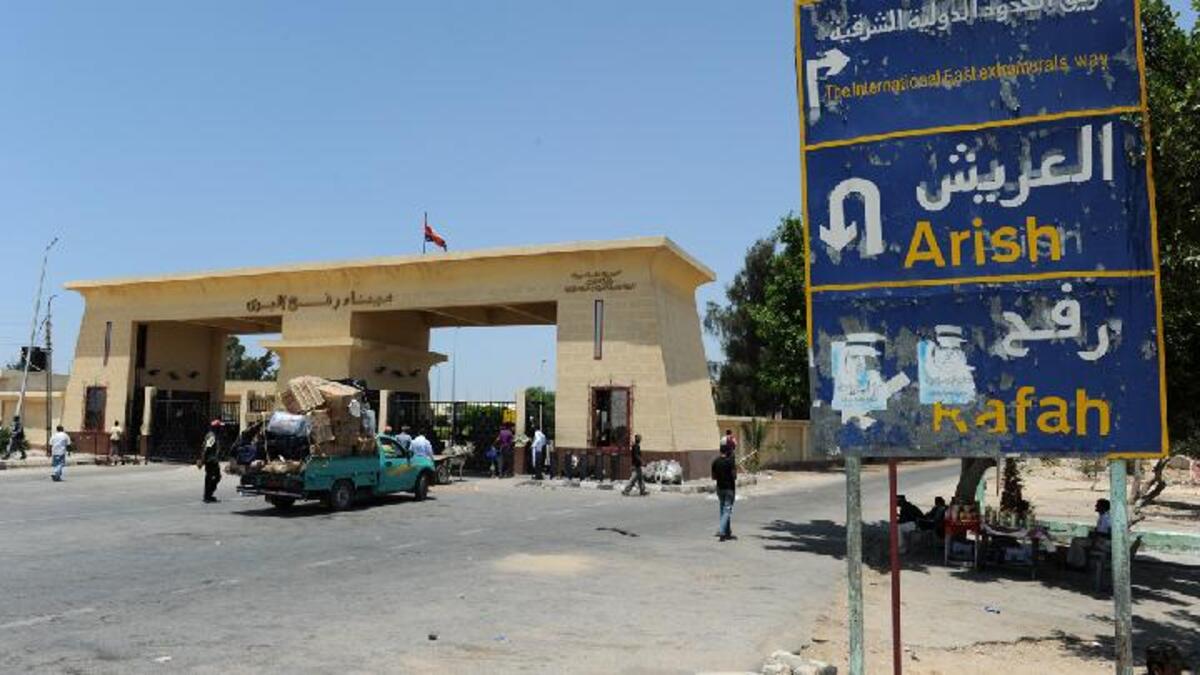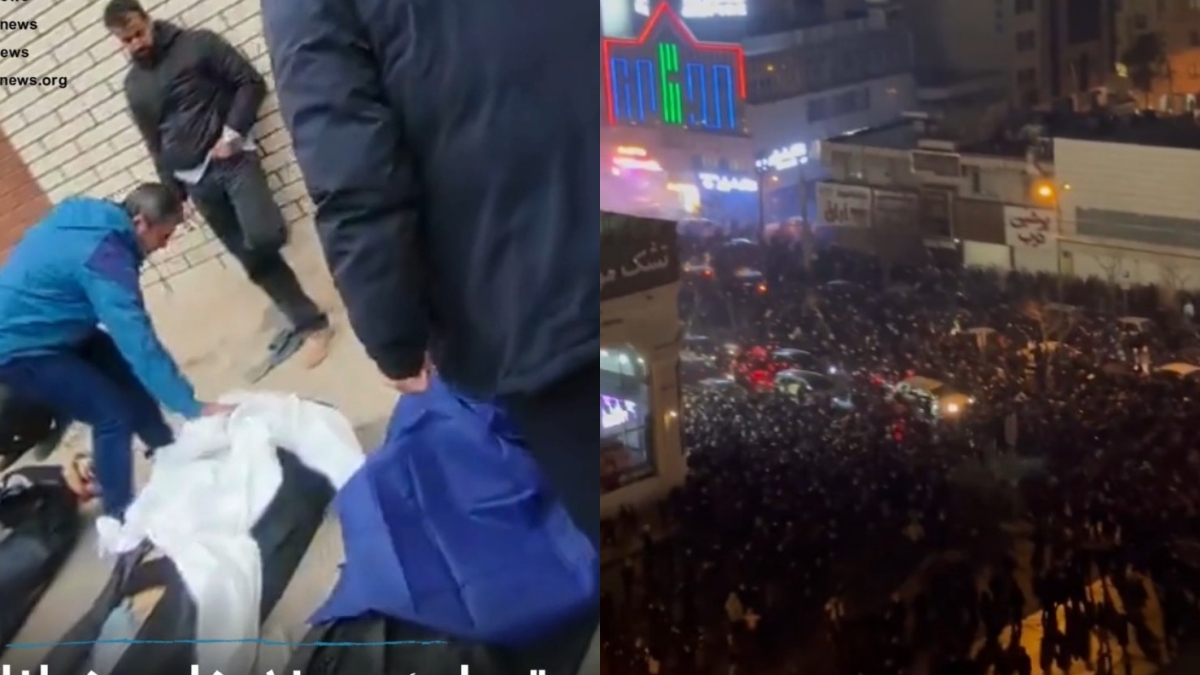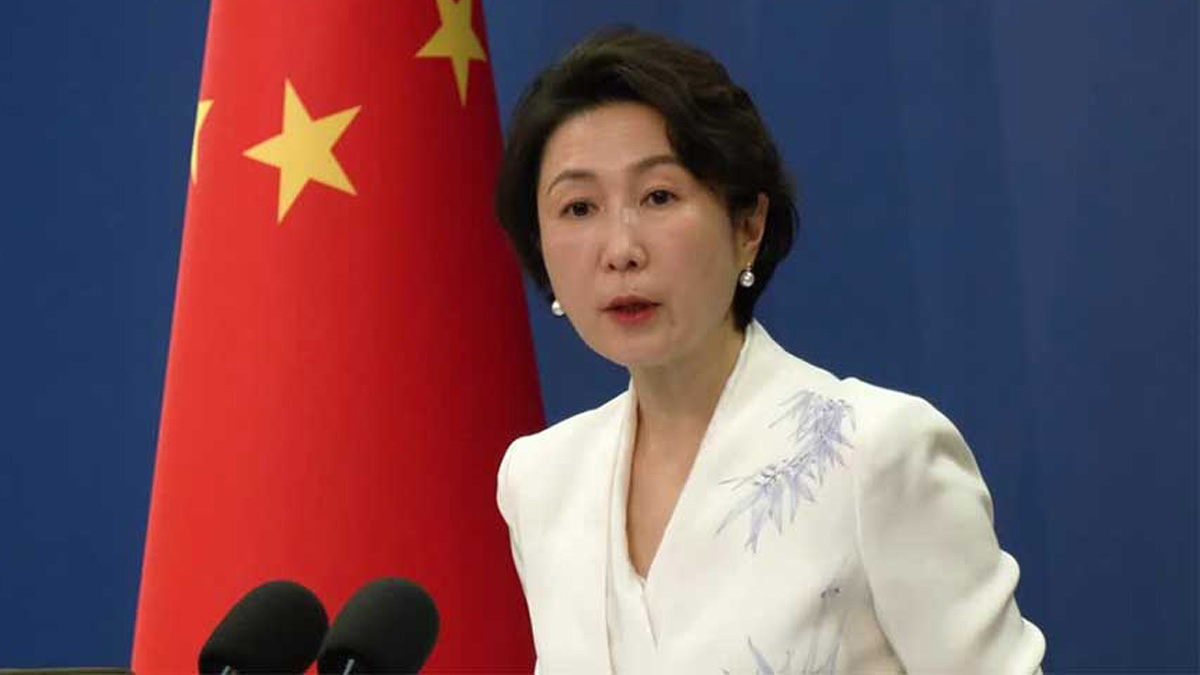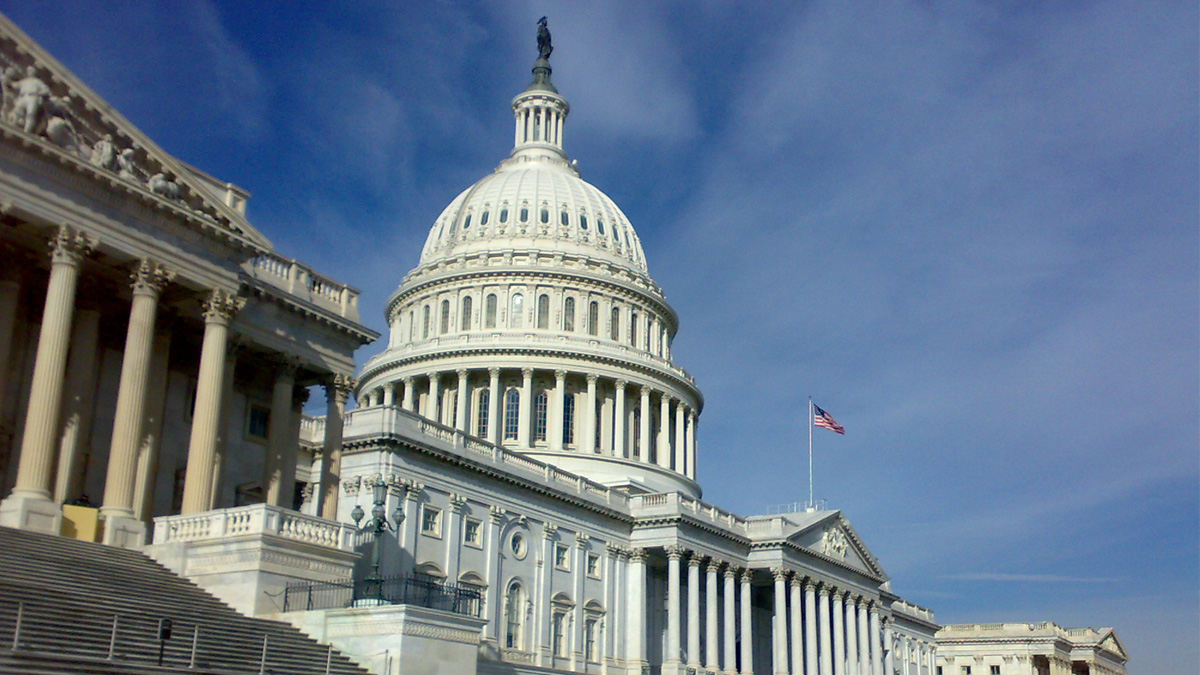Israel and Hamas reach initial ceasefire deal as hostage release expected Monday
Israel and Hamas have agreed to the first phase of a US-brokered ceasefire deal involving a mutual prisoner-hostage release and Israeli withdrawal. The deal awaits Israeli cabinet approval and a formal declaration ending the war in Gaza.

- Israel and Hamas have agreed to the first phase of a ceasefire plan, involving mutual releases and Israeli withdrawal.
- A formal declaration ending the Gaza war is expected before hostages are freed, possibly by US President Trump.
- Despite internal opposition, the Israeli cabinet is expected to approve the deal later today.
Israel and Hamas have reached an initial agreement on a US-brokered ceasefire deal, marking a significant step towards ending the conflict in Gaza. The plan includes the release of all hostages held by Hamas, an Israeli military withdrawal to an agreed point, and the freeing of certain Palestinian prisoners.
According to Israeli officials, the ceasefire is set to take effect immediately after the Israeli cabinet grants approval, expected later on 9 October 2025.
Hamas officials have stated that a formal declaration signalling the end of hostilities must precede the implementation of the agreement.
Osama Hamdan, a senior Hamas official, told Qatari outlet Al-Araby that details of the exchange are to be finalised by Saturday. He added that the release of hostages and prisoners is expected to occur on Monday.
“The implementation will be preceded by a declaration that the war has ended,” said Hamdan, adding that he anticipates US President Donald Trump will make the announcement.
Trump’s involvement central to the deal’s progress
US President Donald Trump has played a pivotal role in brokering the ceasefire. He announced that the hostage release is likely to take place on Monday, though he did not address key unresolved issues such as Hamas disarmament or Gaza governance.
Firas Maksad, Managing Director for Middle East and North Africa at Eurasia Group, described Trump’s role as “momentous,” noting his influence extends over both Israeli Prime Minister Benjamin Netanyahu and Hamas, as well as key regional powers.
“President Trump can create that momentum, can create that pressure, to force Bibi into fully implementing this,” Maksad said in an interview with CNN.
However, Maksad warned of the risk that Trump may shift focus after claiming an initial victory with the hostage release.
“There is also a scenario where the president pockets that significant win... and phase two of this ceasefire falls apart,” he added.
Israeli cabinet vote expected to pass despite internal resistance
The ceasefire deal faces opposition from key figures within Israel’s far-right coalition government. Minister of National Security Itamar Ben Gvir and Finance Minister Bezalel Smotrich have both expressed public disapproval of the agreement.
Smotrich posted on X (formerly Twitter) that his party “will not join the premature celebrations and will not vote in favour of the deal.” He voiced concern over the release of Palestinian prisoners, referring to them as the “next generation of terror leadership.”
Despite this, Israeli officials have indicated that the agreement is likely to secure cabinet approval. Netanyahu is expected to convene the security cabinet followed by a full government vote later in the day.
The prime minister is believed to have the support of a majority within his Likud Party, enabling the deal to pass.
Sources close to Netanyahu said that hardline ministers have been largely sidelined during negotiations, which were conducted directly by Netanyahu’s office and Minister of Strategic Affairs Ron Dermer.
To address concerns, Netanyahu reportedly assured his far-right partners that no high-profile figures, such as Marwan Barghouti, would be released under the deal. He also reaffirmed coordination with the US on the disarmament and demilitarisation of Hamas as part of a longer-term process.
Public reaction cautious but hopeful
The announcement of the initial ceasefire plan has been met with a mixture of relief and caution in both Gaza and Israel.
While celebrations broke out in parts of Gaza, many residents have voiced scepticism regarding the durability of the agreement and whether it will lead to lasting peace.
Similarly, Israeli citizens have welcomed news of a possible hostage release but remain concerned about the broader implications of the prisoner exchange and potential security risks.
The success of the ceasefire’s second phase, which is expected to involve further political and security arrangements, remains uncertain and heavily dependent on sustained international pressure, particularly from Washington.












0 Comments